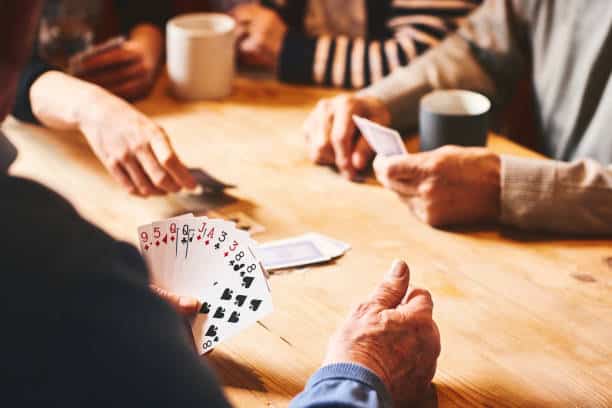In California’s Homeowner Associations (HOAs) governance landscape, the integrity of community elections is paramount. The position of an election inspector serves as a cornerstone, ensuring that these elections are conducted fairly, transparently, and efficiently. This role not only supports the democratic process within communities but also reinforces trust and compliance in HOA governance.
Upholding Democratic Values in Residential Communities
HOAs are pivotal in managing community dynamics and have significant authority over local regulations, property values, and resident lifestyles. Given their influence, their governing bodies must be elected in a manner that reflects the true will of the community members. This is where election inspectors come in, acting as the custodians of fairness and transparency in the election process.
Genesis of the Inspector Role
The election inspector role emerged in response to increasing complexities within HOAs and the consequent potential for election disputes and irregularities. Enshrined in the Davis-Stirling Common Interest Development Act, this role was designed to bring a systematic and impartial approach to HOA elections, ensuring they are conducted according to legal standards and the association’s own rules.
A Closer Look at Inspector Duties
Elections’ Inspectors shoulder several responsibilities crucial for maintaining the integrity of the voting process. These include overseeing the election procedures from ballot distribution to the final vote count, ensuring voter confidentiality to uphold the anonymity and security of the election process, and validating and counting votes to ensure every legitimate vote is accurately recorded. Additionally, they certify the election results, officially confirming and announcing the outcome, thereby transitioning governance to newly elected officials.
Enhancing Trust and Reducing Conflicts
The introduction of inspectors has significantly shaped HOA governance by enhancing member confidence in the electoral process. Knowing that a neutral party oversees elections and certifies results reduces potential biases and conflicts, promoting a peaceful and cooperative community environment. This role not only preserves the democratic process but also preemptively addresses disputes that might arise from contested election outcomes.
Overcoming Challenges
Despite its benefits, the role of election inspector is not without challenges. Finding qualified individuals within the community who are willing and able to perform this role without conflicts of interest can be difficult. The demands of the role require a deep understanding of legal and procedural nuances, which might be beyond the typical expertise of most community members.
In response, some HOAs hire external professionals such as business law firms or management companies to serve as inspectors. This approach adds a layer of professionalism and impartiality but also introduces additional costs. Balancing these factors is key to maintaining effective and fair HOA governance.
Conclusion: Ensuring Fair Play in Community Governance
The election inspector is a vital figure in the framework of HOA communities in California. By safeguarding the integrity of elections, these inspectors ensure that HOA boards truly represent their communities’ interests. As the prevalence of HOAs continues to grow, the role of inspectors of elections will remain indispensable in nurturing healthy, democratic, and well-managed communities.
Copyright © 2024 California Business Journal. All Rights Reserved.




